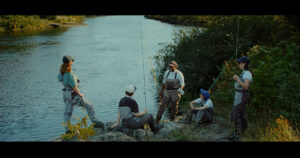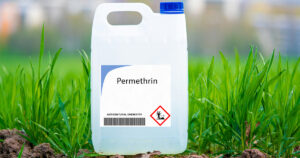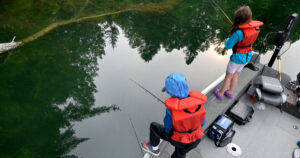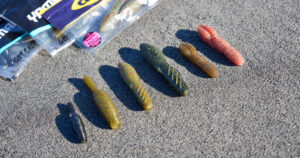
Getting hooked
Get Hooked is a six-part documentary series following four queer millennial women on fishing excursions across Ontario.
Home | Responsible ways to dispose of wild game carcasses
My brother-in-law of ten finds home-butchered deer remains along his rural road, near Meaford, after the deer hunt. This illegal dumping reflects poorly on hunters. Here’s what you need to know to dispose of carcasses properly. The gut pile After field dressing an animal, hunters may leave leftover parts at the kill site, Ministry of Natural Resources Provincial Enforcement Specialist William Johnson points out. This is a way for hunters to give back. A trail camera placed over the gut pile will reveal scavengers of all shapes and sizes. Within days, only a stain will remain. Say no to ditches Carcasses should never be left in roadside ditches where they can contaminate water. These also draw scavengers closer to the road, where coyotes and wolves can come in contact with pets, people, and vehicles. Municipal waste Your municipality’s waste management system may provide the easiest and cheapest solution. Contact your transfer stations and landfills first, however, because not all accept animal remains. Barry Campbell, manager of Peterborough’s Organic Waste Operations, contends that carcasses are not green waste or kitchen organics. To avoid the “Yuck factor,” don’t send them to compost or recycling. He considers smaller animals, like birds or rabbits, household waste suitable for curbside pick-up. They should be double bagged and frozen until garbage day. Is it illegal dumping? Carcasses can be properly deposited on Crown land or on private property with permission. Leave the remains deep in the bush, but still accessible to scavengers. Avoid discarding near trails, streams, or bodies of water. Illegal dumping is when someone dumps waste materials (including carcasses) on municipal, crown, or private property without permission. For municipal properties, that includes the entire road right of way/ditches/boulevards, parks, alleyways, parking lots, and facilities. If you return a carcass to the woods, take it far from trails where dogs walkers could encounter it. Dumping is not a crime within the Criminal Code, however, most municipalities have bylaws to prohibit it. Fines range from $100 to more than $10,000. Illegal dumping on Crown land violates the Ontario Public Lands Act, with comparable penalties. Back to the kill site Ideally, hunters should return the remains to the harvest site. Studies show that carcasses left on the ground positively affect the environment throughout the food chain. The scraps attract more insects and significantly increase plant growth. Hats for Hides program Ontario’s Hat for Hides program provided a
George Brown of Courtright has long been known as “Lucky”—a name he clings to as he recalls a disastrous barrel rupture while deer hunting.
Read MoreI have 20 moose points and plan to apply in a WMU where a bull tag requires 5 points. If drawn, do I use just 5 points or lose all 20?
Read More
Get Hooked is a six-part documentary series following four queer millennial women on fishing excursions across Ontario.

Three Ontario lodges share their favorite shore lunch fish recipes, all cooked over the fire with their own signature flavors and style.

Permethrin remains unavailable in Canada due to delays caused by a lengthy approval process blocking its market entry.

Fishing with my kids has taught me that slowing down, making it fun, and being present matter more than catching the biggest fish.

Poop baits are so realistic, it’s nearly impossible to fish them wrong—no matter your technique, fish can’t help but strike.

Morel cream sauce brings a favorite spring flavor to a luxurious dish of fish and wild ramps, perfect for seasonal dining.
Contact Information
PO Box 2800 / 4601 Guthrie Dr.
Peterborough, Ontario Canada K9J 8L5
Phone: 705-748-OFAH (6324)
Fax: 705-748-9577
Join Our Newsletter
Watch
Shop
Follow